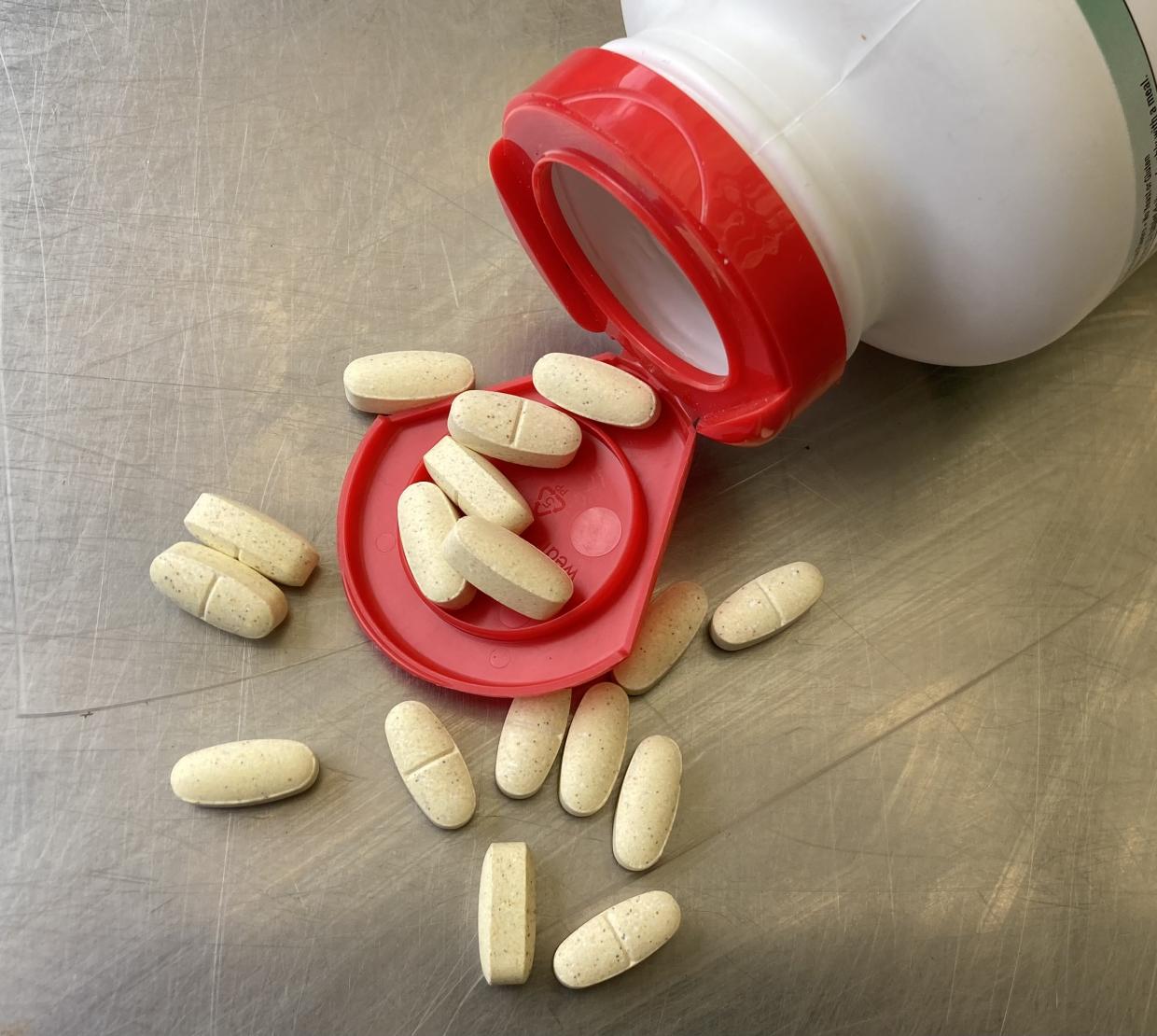A six-month study of healthy older men demonstrated that daily multivitamin/multimineral supplementation had a positive effect on key nutrition biomarkers.
The research led by the College of Science’s Tory Hagen and research associate Alexander Michels also showed that the changes in nutrition status could have direct connections to cellular function, measured by the oxygen consumption of the study participants’ blood cells.
The findings, published in the journal Nutrients, suggest that supplementation may be a key tool to help people stay healthier as they age.
“Many older adults take a multivitamin, thinking it will help them stay healthy,” said Michels, a research associate at Oregon State's Linus Pauling Institute. “However, previous studies have shown mixed results when it comes to multivitamins and disease risk. We wanted to know why there was so much uncertainty. Is it possible that multivitamins aren’t as effective at changing nutrition biomarkers in older adults?”
The research group, which included eight OSU scientists, recruited 35 healthy men age 68 or greater for the double-blind study – half received a Centrum Silver supplement, the other half received a placebo, and participants did not know what they were receiving. None of the participants were allowed to take other supplements during the study, except for vitamin D if it was prescribed by their doctor.
"Our tests when the study started showed that many of these older men were not obtaining the optimal levels of several vitamins," said Hagen, principal investigator and Helen P. Rumbel Professor for Healthy Aging Research at the Linus Pauling Institute. "So there certainly was room for improvement."
After the six-month trial, differences in the supplement and placebo groups became apparent. While those taking the multivitamin showed improved biomarkers of nutrition, those on the placebo did not.
“Several of the participants assigned to the placebo group had blood nutrition biomarkers fall during the study,” said Hagen, who is also a professor of biochemistry and biophysics within the College of Science. “It suggests that food alone was not enough to keep their vitamin and carotenoid levels up.”
Read more here.




